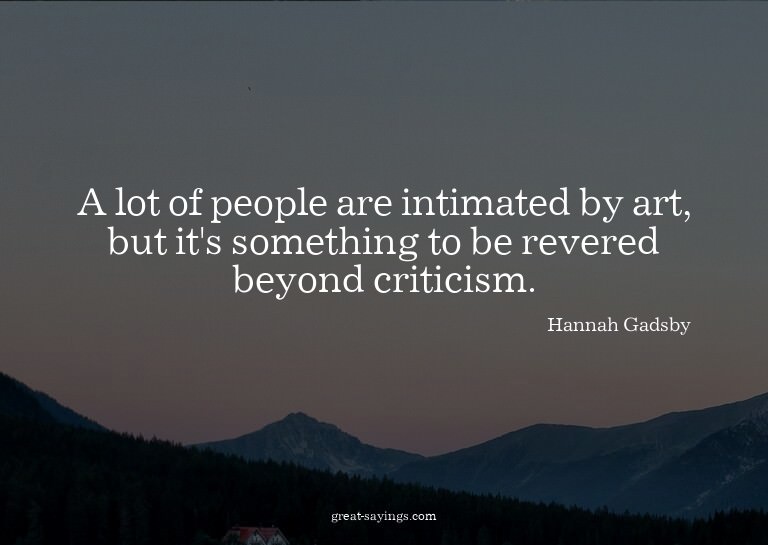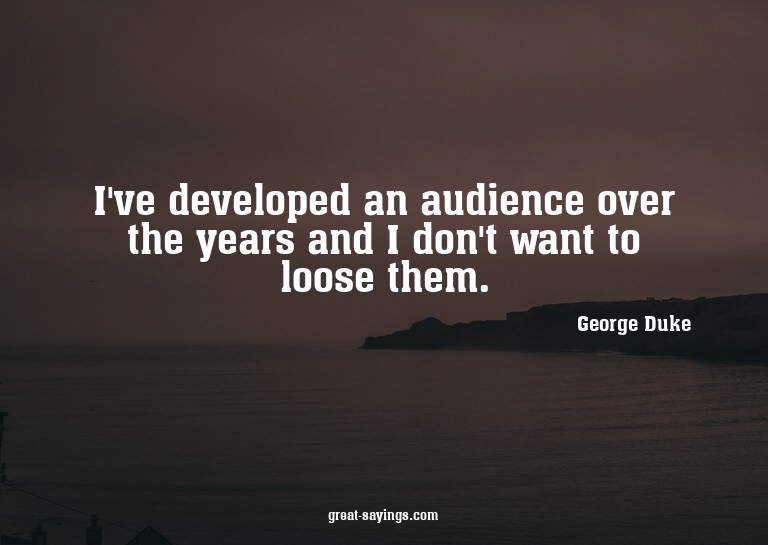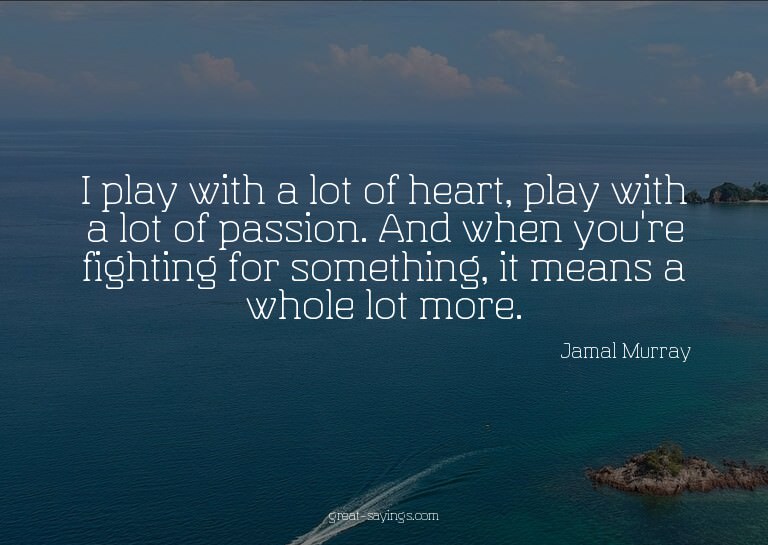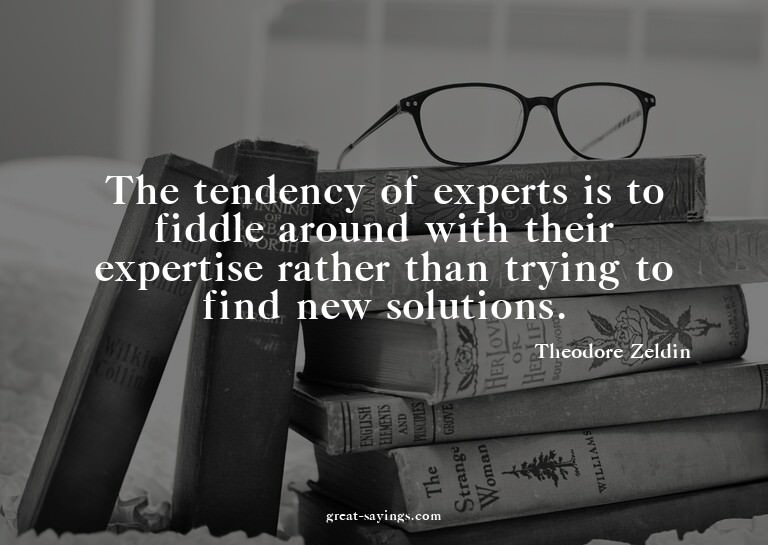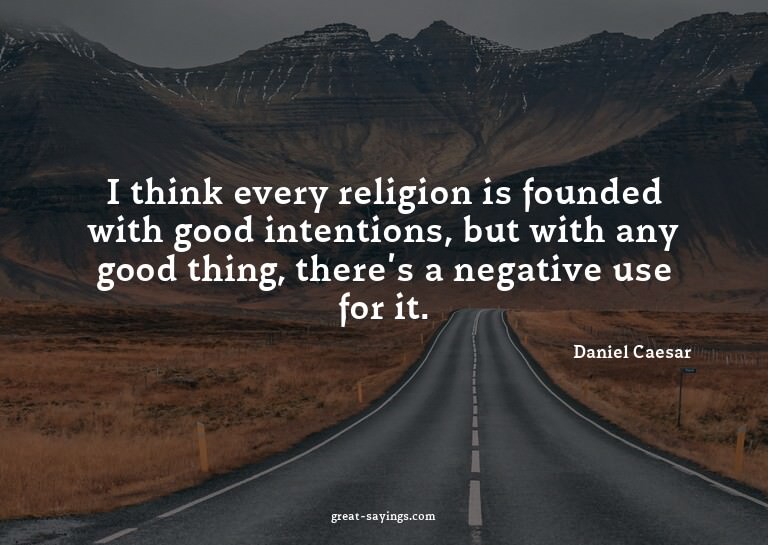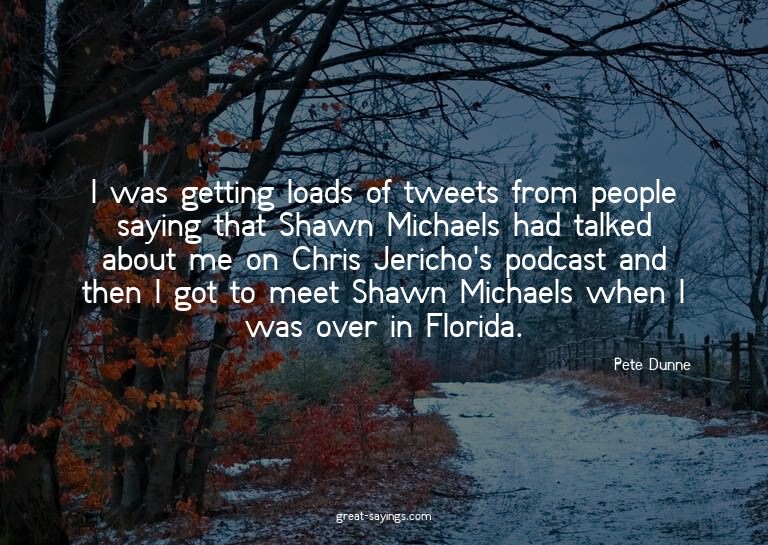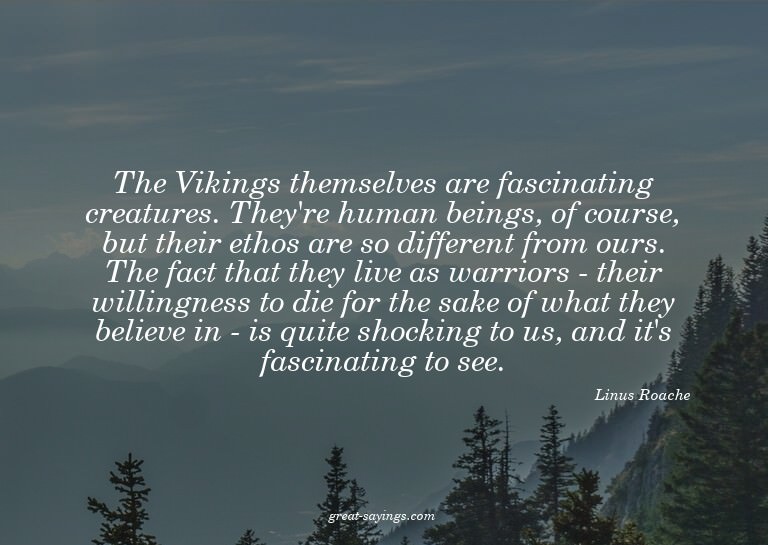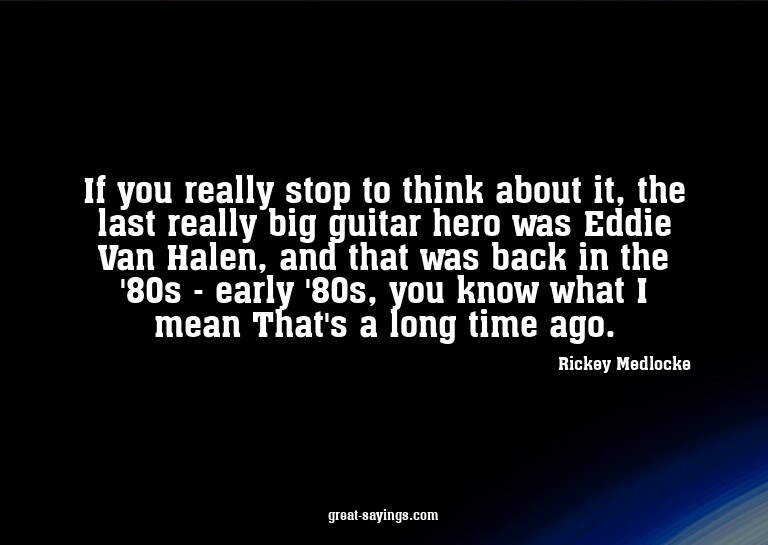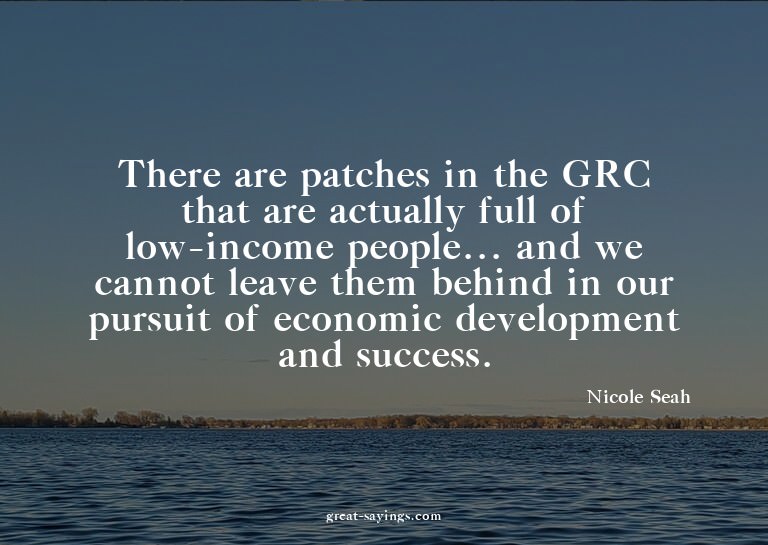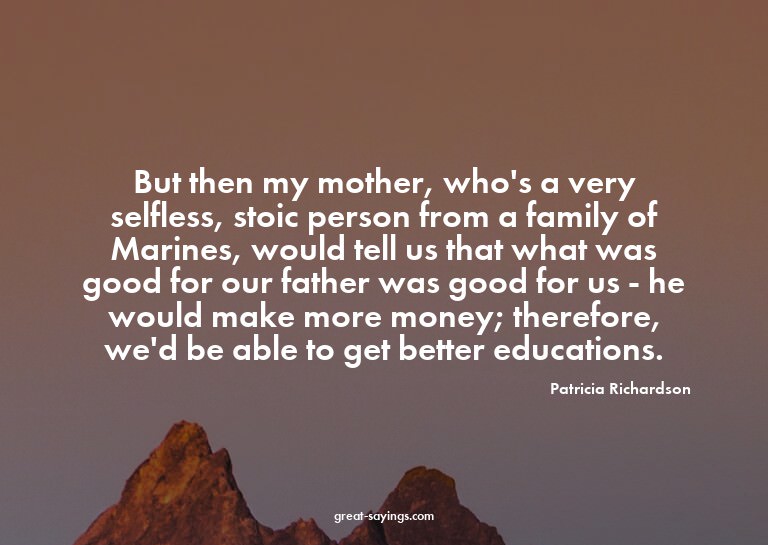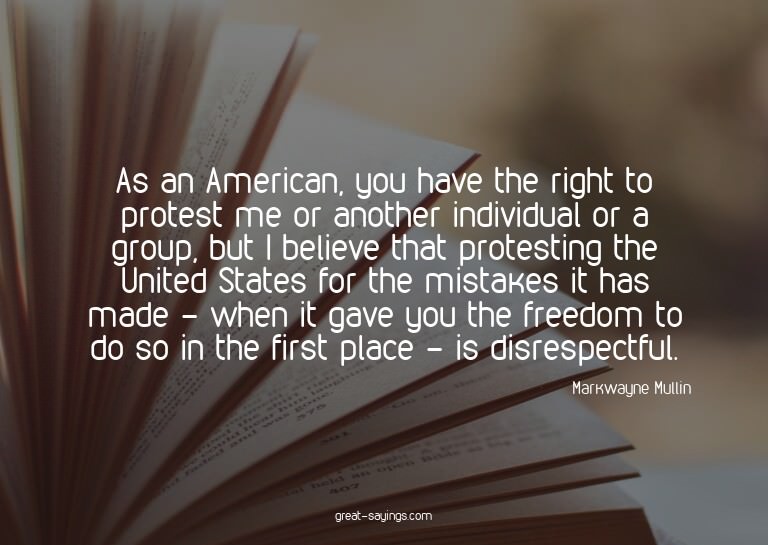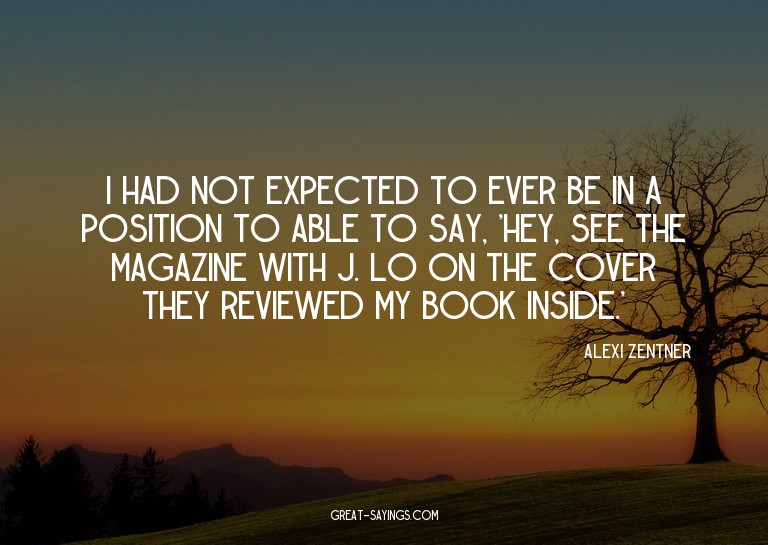Words matter. These are the best Dominique Crenn Quotes, and they’re great for sharing with your friends.

I love hi-tech kitchens, but that doesn’t necessarily mean full of appliances.
I usually like simple food when I’m at home.
Cooking is just a vehicle to express yourself, like painting and acting… The reason why we’re cooking is not because we want to put something on the plate. It’s so much more complex than that.
Obviously, growing up in France, I had foie gras probably when I was two years old. Writing about it and understanding what’s going on in the world about it, I think I became more conscious and more thoughtful about things, for sure.
Food is politics. You know, we have one planet. And growing food is, you’re using the soil of the planet.
Food is language. It helped me to open up the conversation on other things.
Every dish is very connected to my own experiences. Perhaps I go deeper in the description and feeling in the dish than a male chef would. But it’s difficult to say.
I’ve met a lot of people who were resistant to my ideas, because they were afraid to get into unfamiliar conversations. I didn’t listen to them.
I came to the U.S. in the 1990s. I worked all around, including at Stars, and in 1996, I became the chef of Yoyo Bistro, which used to be Elka. During my one-year tenure there, I met a lot of French chefs at the time.
If you are a chef, you have an incredible responsibility in this world. Don’t just open a restaurant to serve food. Include the community, and make sure that you are not taking advantage of what the planet has given us.
I have a big mouth. And I’m not afraid to use it.
I’m most excited about people being more conscious about their eating habits.
My restaurant is an expression of myself – my fantasies. Where I’ve been, and where I want to be. I think of my cooking as very emotional.
I just felt very isolated in France, a very bureaucratic place, no space for thinking in a different way, an artist’s way.
I think cooks that are just interested in molecular gastronomy are cooks that will never be chefs.
I don’t want people to look at my menu and see just the ingredients. I want to take them on a journey.
I’m Dominique Crenn. I’m a chef, entrepreneur, artist, poet, human being. I have three restaurants in San Francisco: Atelier Crenn, Bar Crenn and Petit Crenn.
I’m not a pescatarian, I’m not a vegetarian, but I’m also a conscious person. And I know the impact of the way that we fix meat nowadays is not good. It’s killing us, it’s killing the planet.
I’m keeping positive; I’m a very positive person.
I loved school, although I got bored very easily. I liked literature. I loved philosophy. I didn’t like math. I was good at English. I didn’t like German. I was good at sports and continued to compete on all sorts of teams.
I try not to spend 10 hours in the kitchen when I cook at home for guests. That’s why I try to be really organized and have everything thought out.
Early in my career, I was told I shouldn’t try to work in a kitchen, that I should consider serving or managing instead. It was a sad narrative that was given to me, and it came from a society that didn’t know better.
My dad’s best friend was a food writer and critic, so I was very lucky to eat in beautiful Michelin-starred restaurants growing up.
My family, they come from farmers. I used to spend my summers on the farm instead of in the south of France. I loved the hard work and the earth.
My biggest role models are not chefs, but women like Coco Chanel, Simone de Beauvoir, Nina Simone.
I think Los Angeles is an incredible city. It’s also very diverse, which I love about it.
You look at most of these ‘best chef’ lists, and there are about nine male chefs and one woman chef. The problem is still around.
As a young girl, being a chef did not cross my mind – I wanted to conquer the world. I wanted to play with my brother and the boys. I wanted to be a famous photographer.
What I want to tell people is, you have to believe your gut. You have to find answers from what your gut is telling you. I always work with intuition.
Meat’s effect on climate change simply cannot be ignored.
I always wanted to open a small place.

I want people to ask me how I feel about the world, or what is my day about, and ask me a question that’s not just related to food, but that’s related to me being a person: Someone that’s vulnerable, someone that has ideas and someone that wants to learn more.
I’m French, I know how to cook.
It’s funny: not too many people used to think that Brittany was a culinary treasure, but there’s such amazing stuff. Beef and pork, of course, but the seafood! The food there is kind of wonderful.
I was very fortunate to grow up in France with amazing parents who allowed me to understand the importance of activism. My dad was a politician but he was also an activist, and my mom was a beautiful feminist who took care of others.
Sustainability is one of my biggest passions. I have two little girls, twins, and I lie awake at night worrying about what the world will look like for them.
So, when I was about eight, I told my mother that I wanted to be a chef – and a police man, too. I didn’t totally know that was it at the time, but I was very attracted to it from the beginning. I liked the idea of working with people in a kitchen, of dealing with ingredients, all of it.
You have so much responsibility because when you’re in the kitchen, it’s not just food, it’s where the food comes from, what you did with production, what you did it with human interaction, and how you did it with different cultures. Food becomes a mark of activism.
Well, I don’t think I’m a chef. I’m just someone that… I found a way of speaking. It was not a pen. It was not a brush. It was food.
I want to treat every ingredient in a way that conveys its most pure qualities, but with a little bit of a dreamy twist.
My grandmother was kind, but she knew what she wanted and she wasn’t afraid to give a command. When, eventually, I ran my own kitchen, I realized I had a leadership model reaching back into my earliest memories.
When you give someone an award and you tell them that they are the best female chef in the world, you alienate them from their peers.
I’m talking to a lot of my industry to maybe try to create a guild and coalition where people, when they retire, would get a pension. We pay taxes through the years, we pay for unemployment, but we don’t have a pension.
Anybody that comes in, a new person is supposed to spend six months downstairs in the basement doing prep work. I didn’t. I got on the line right away.
I never doubted myself when I opened my first restaurant. You’ve got to give 100% of yourself until you know you’ve done it. But it was still a struggle.
I think through humor you can get a point across better than through just a dramatic narrative.
A restaurant, a small business lives day-by-day. If they’re lucky they can make maybe up to 5% profit. That’s not a lot.
I try to craft a menu that is very welcoming. I like to make vegetables and seafood, and I love to make pasta.
My food is about texture and technique.
I was sifting through the dier, and I remember thinking: This potato is important. It comes up from the soil and feeds us, it connects us. It is the core of society.

